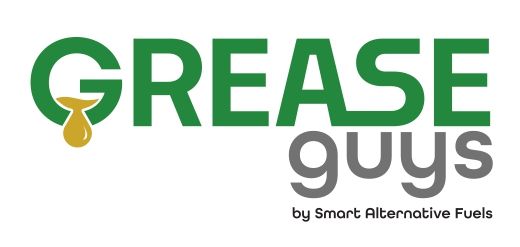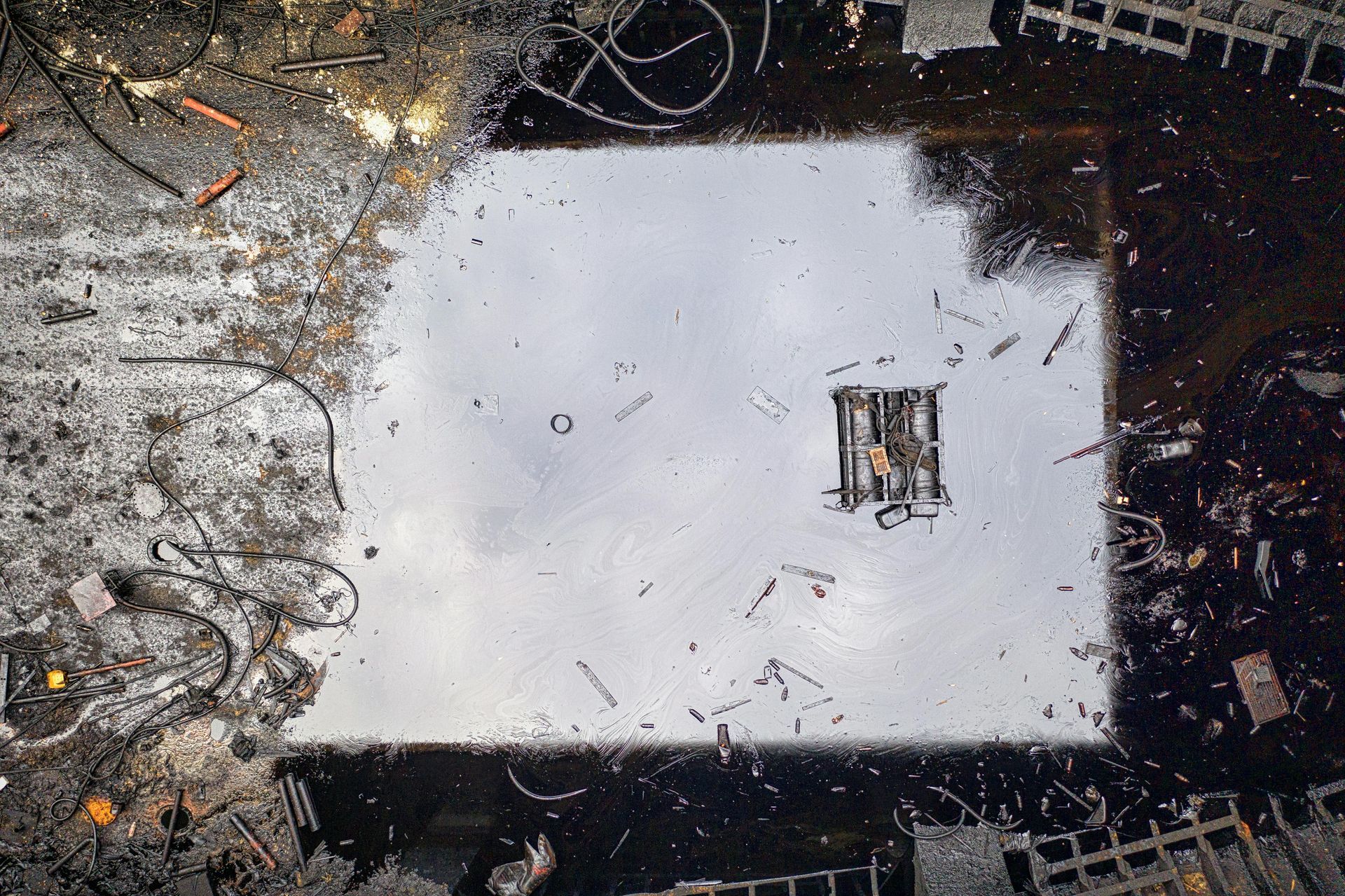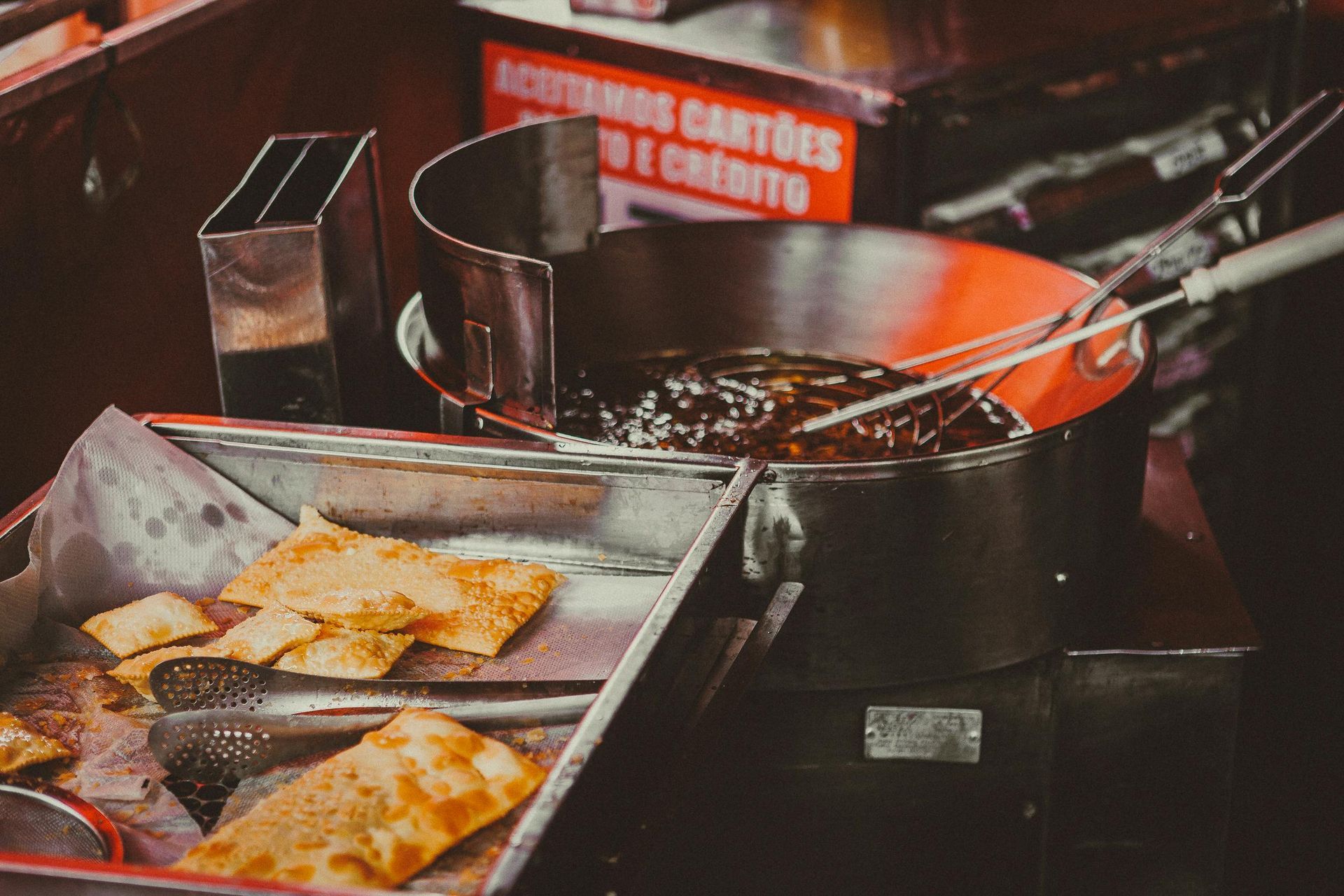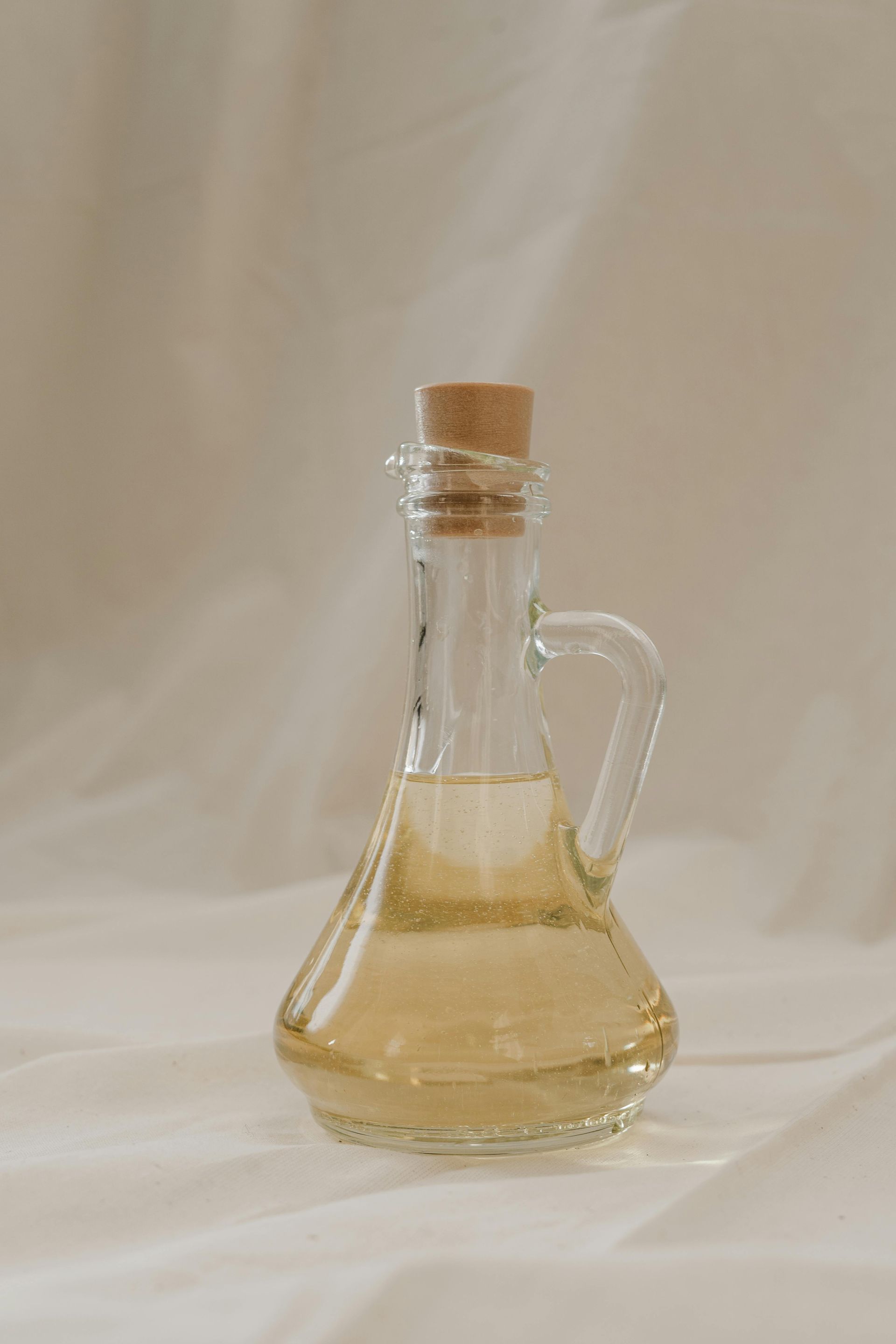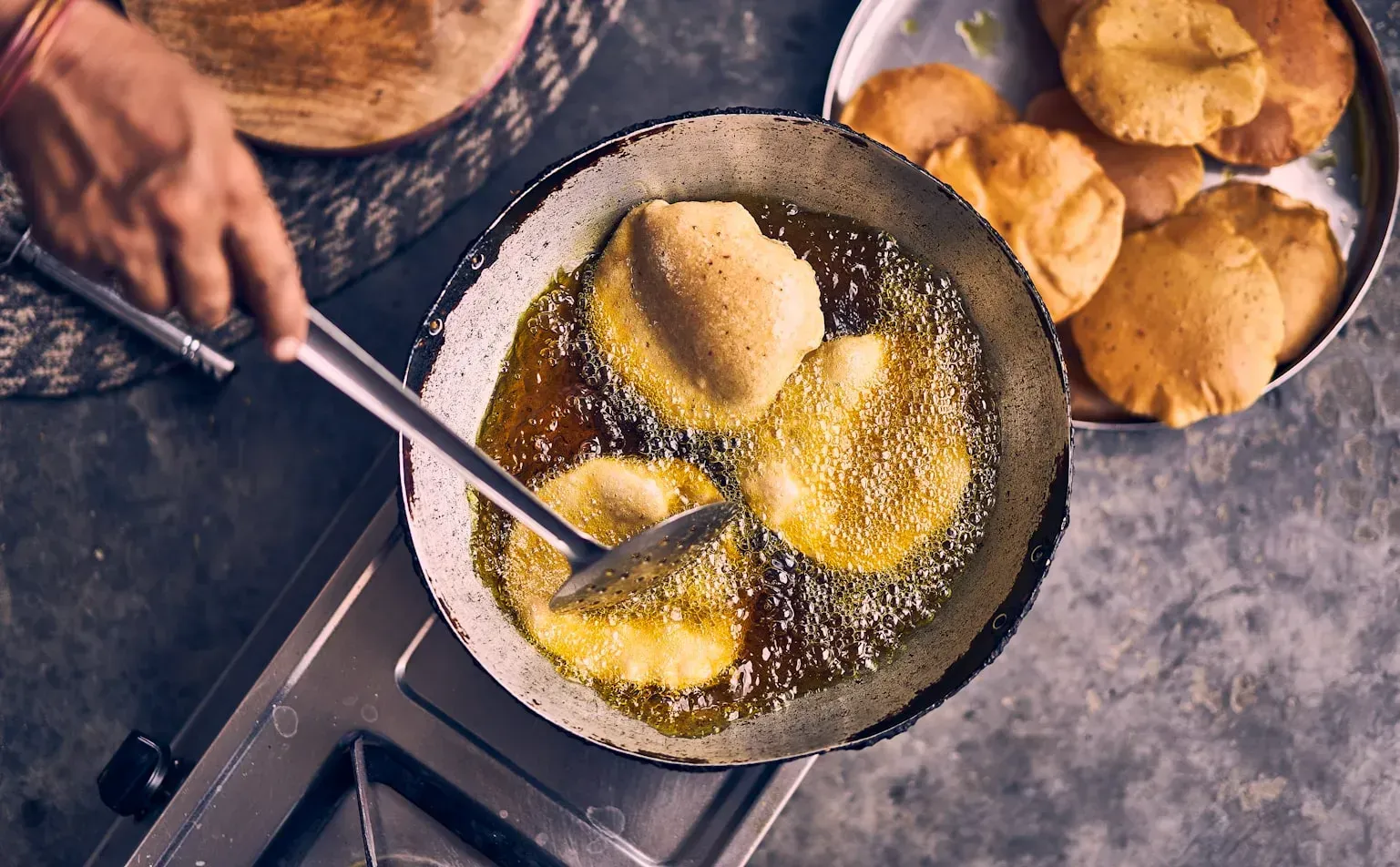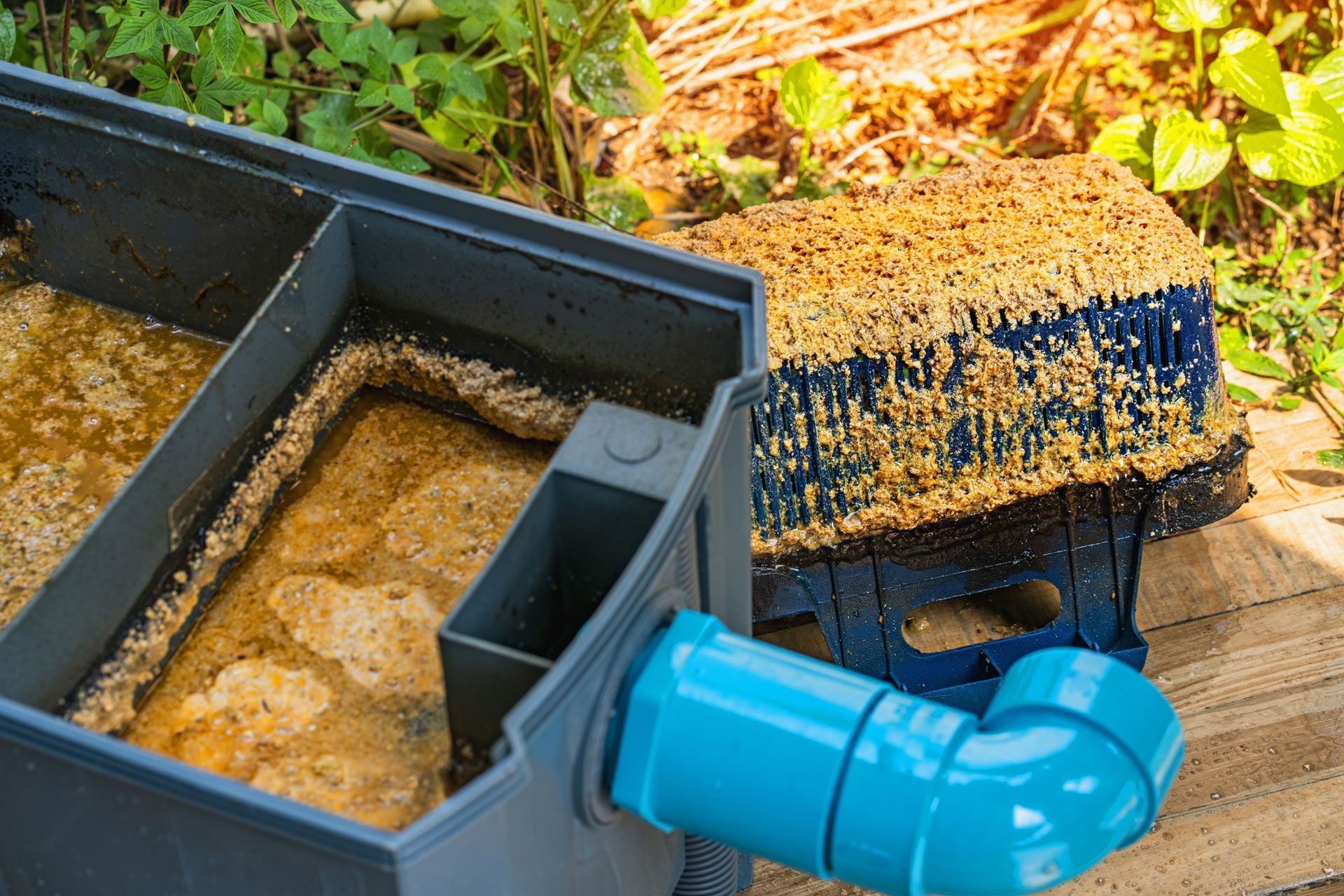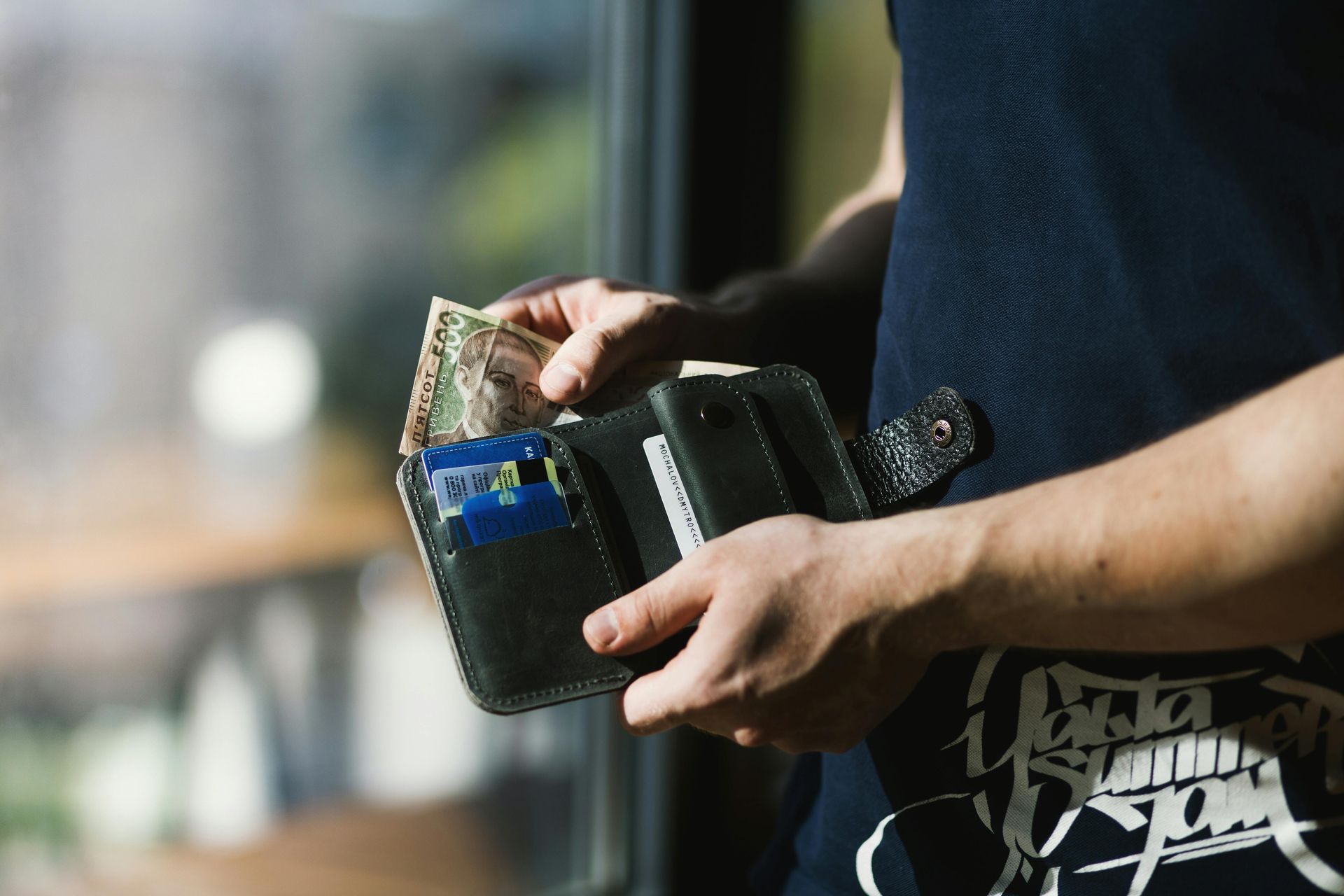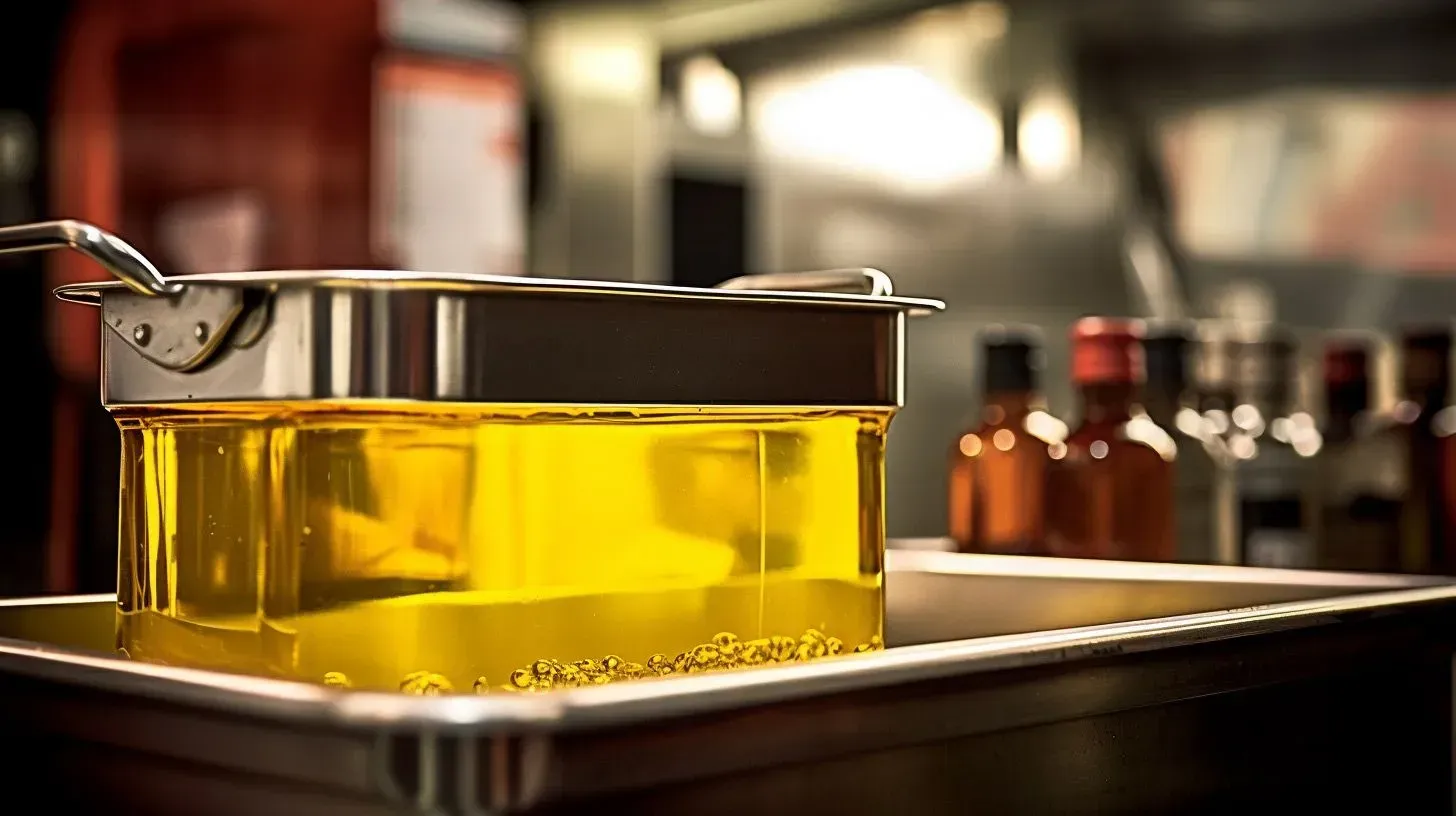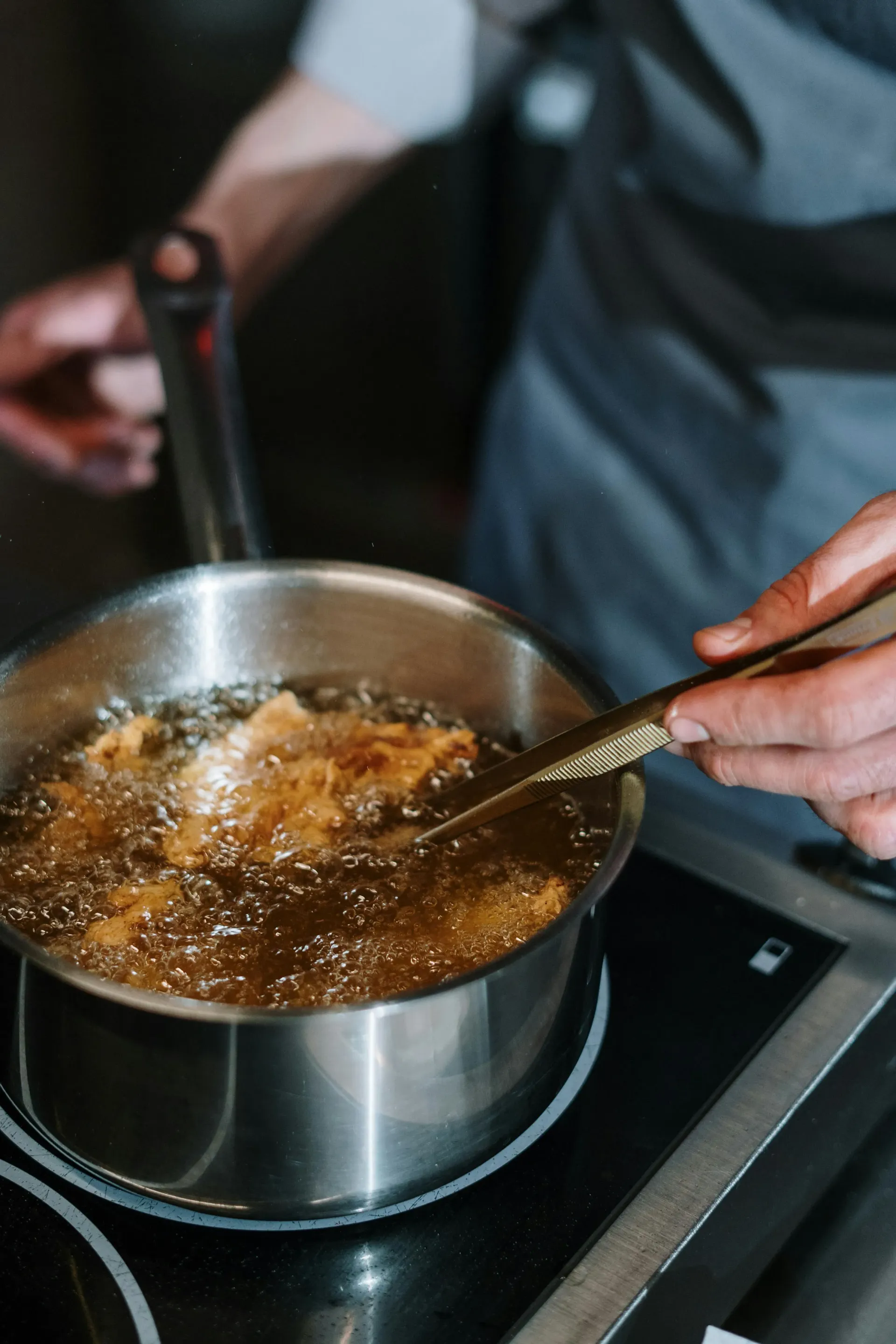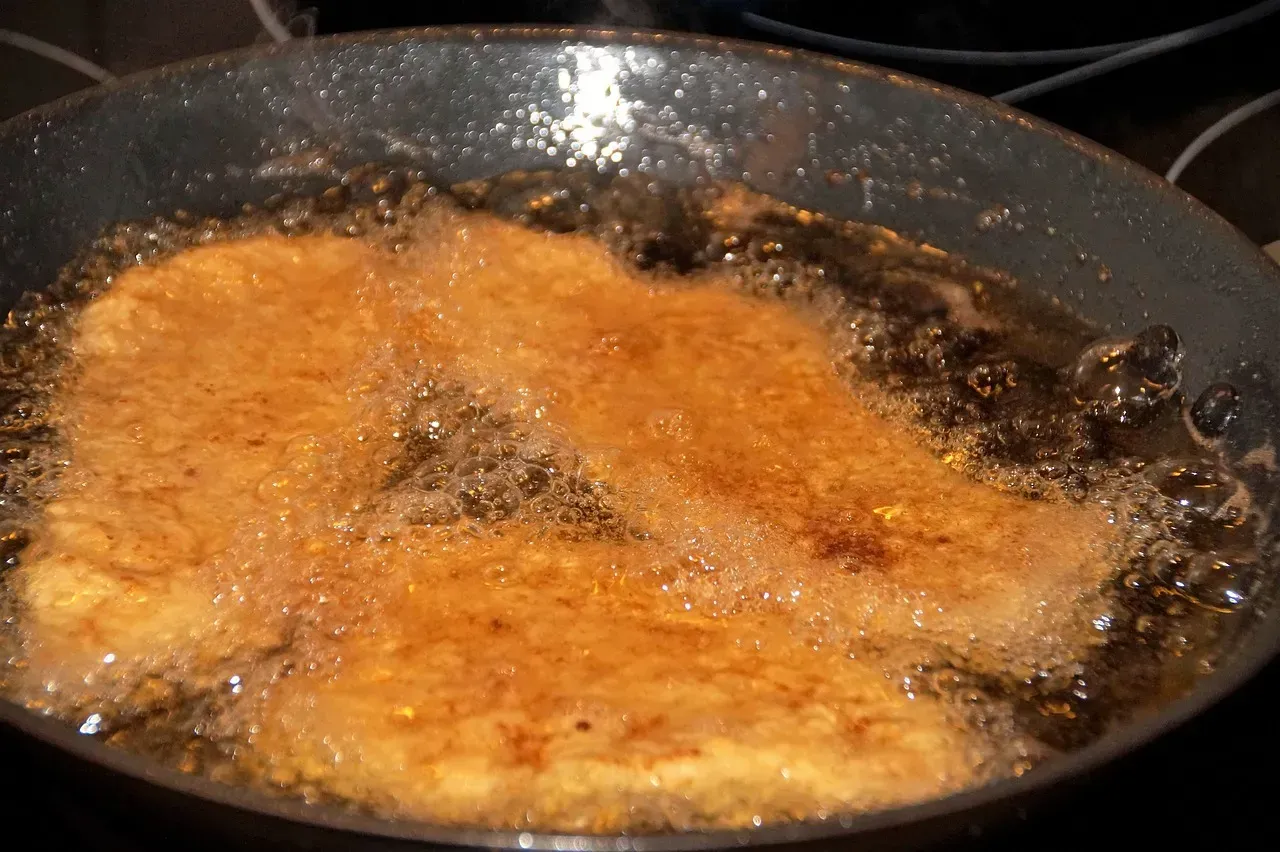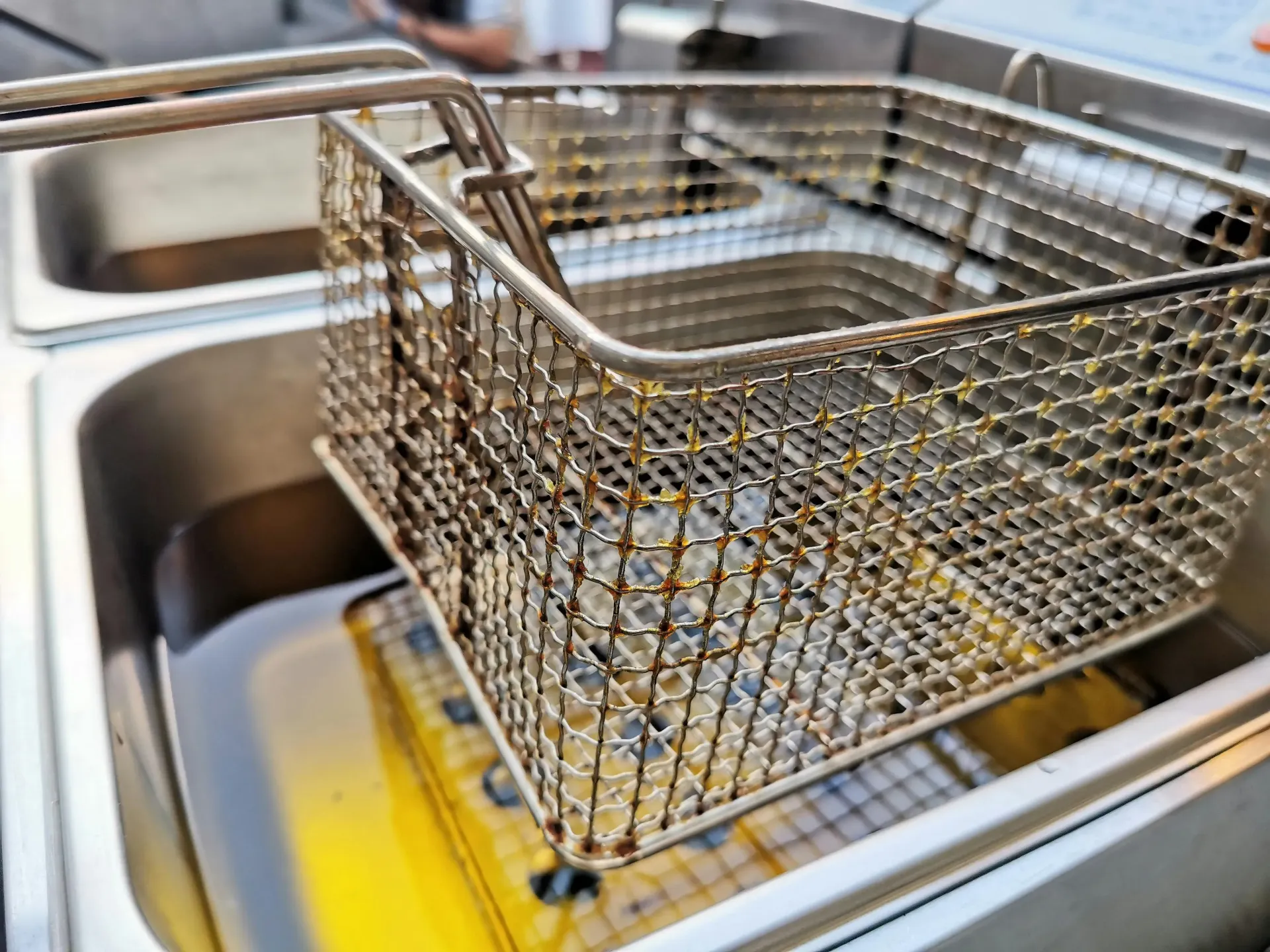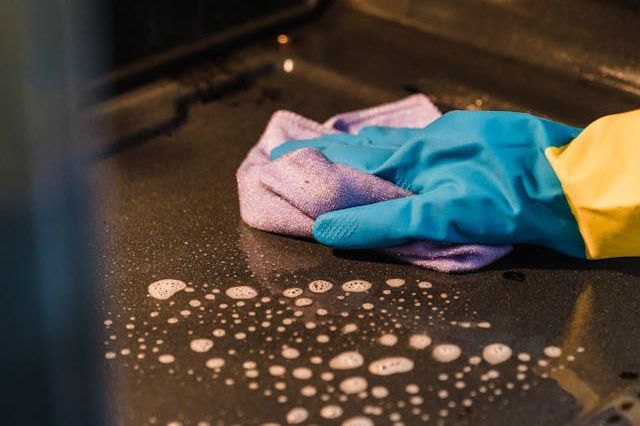
Grease Trap Maintenance for Restaurants: How Often Do You Need It?
If you run a restaurant, you already know your kitchen doesn’t run on food alone—it runs on systems. And one of the most important (yet overlooked) ones is your grease trap. Skip proper maintenance, and that quiet metal box under your sink can quickly turn into a nightmare: backups, odors, citations—or worse, shutdowns.
So… how often should you clean your grease trap? Let’s break it down by restaurant size, grease volume, and what the health codes demand.
Why Grease Trap Maintenance Isn’t Optional
Whether you’re running a diner in Spokane, a brewery in Tri-Cities, or a commercial kitchen in Coeur d’Alene, grease trap cleaning isn’t just “best practice”—it’s code.
Without proper cleaning:
- Clogs and backups slow down kitchen flow and cause overflows
- Fines and violations from health departments start stacking up
- Foul odors linger and impact guest experience
- Grease fires and safety risks increase
Grease Guys helps restaurants across Washington, Northeast Oregon, and North Idaho stay ahead of issues with regular, reliable maintenance.
How Often Should Restaurants Clean Their Grease Trap?
| Restaurant Type | Recommended Cleaning Frequency |
|---|---|
| Fast food / High-volume | Every 1–2 weeks |
| Full-service Restaurant | Every 2–4 weeks |
| Cafés / Low-volume kitchens | Monthly or every 6 weeks |
| Institutional (school, hospital) | Every 1–2 months |
But there’s more nuance:
- Local regulations: Many counties require traps to be cleaned
when 25% full. For example, Spokane and King County have stricter enforcement.
- Trap size matters: A smaller trap fills up faster and may need more frequent service.
- Seasonal surges: If your kitchen sees spikes in holidays or summer traffic, consider increasing cleaning during peak periods.
Signs Your Grease Trap Needs Cleaning Now
Even if you’re on a schedule, your trap may be overdue if:
- Sinks are draining slowly
- A foul, sulfur-like smell lingers in the kitchen
- Grease is visible in drain lines or outside cleanout
- You notice increased pest activity (flies, roaches, rats)
Letting it slide just once can mean emergency plumbing repairs or health violations. That’s why most clients opt for a standing maintenance schedule with us—set it, forget it, and stay compliant.
What Happens During a Grease Trap Cleaning?
At Grease Guys, we don’t just scoop and go. Our full-service maintenance includes:
- Pumping out all FOGs (fats, oils, and grease)
- Scraping down trap walls and baffles
- Inspecting for cracks, blockages, or odor leaks
- Proper disposal with eco-friendly recycling practices
Our techs show up on time, get in and out fast, and document every service—keeping your restaurant in the clear.
Local Health Code Requirements (WA, OR, ID)
In Washington and surrounding states, most commercial kitchens are required to:
- Clean traps
at minimum once a month
- Maintain
service records for 3 years
- Submit documentation during health inspections
Failing to comply could result in:
- Fines up to $2,000
- Repeat inspections
- Kitchen closures
We help restaurant owners stay compliant with custom scheduling, log sheets, and emergency services.
Grease Trap FAQs
What’s the 25% Rule?
If solids and grease exceed 25% of trap volume, it’s time to clean. Waiting longer affects trap performance and violates code.
Can I clean my trap myself?
Small under-sink units can be cleaned manually, but it's messy, risky, and typically not thorough enough to stay compliant.
How much does grease trap cleaning cost?
Pricing depends on trap size, volume, and frequency, but routine services are far more affordable than emergency repairs or violations.
Who Should You Trust for Grease Trap Cleaning?
If you're a restaurant in Washington, Northeast Oregon, or North Idaho, you need a partner who:
- Knows the local codes
- Offers flexible cleaning schedules
- Provides proper disposal and documentation
- Is available 24/7 for emergencies
That’s where Grease Guys comes in.
We’ve helped hundreds of kitchens—from mom-and-pops to franchises—stay clean, compliant, and ready for health inspections.
Book Your Restaurant’s Grease Trap Cleaning
Don’t wait for a clog or citation. Set up a recurring grease trap maintenance plan with Grease Guys today. We’ll assess your volume, set the right schedule, and take care of the mess—so you don’t have to.
Serving Spokane, Tri-Cities, Yakima, Northeast Oregon, and North Idaho
Call us at
(855) 227-6060 or
schedule a consultation here
